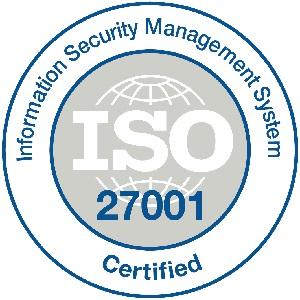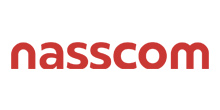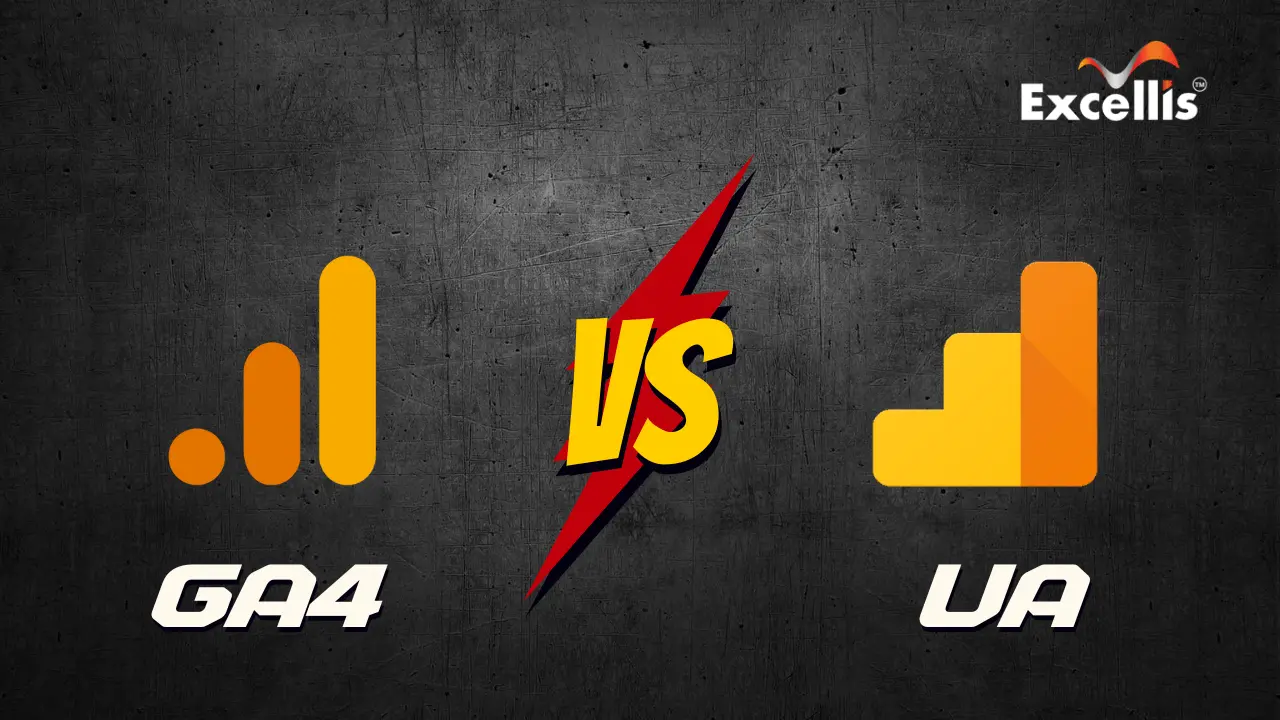
All small to large-scale businesses deploy E-commerce websites to ensure 24/7 access to international buyers and sellers, thus ensuring quick and secure transactions of wealth. For instance, all outstanding website development services and website development companies use this feature, i.e., E-commerce websites, as a medium of commerce. In this digital marketing era, means like E-Commerce which create a connection between the user and the provider, are indispensable. According to a research firm, Statista: roughly 270 million Americans made online purchases in 2019, spending a total sum of 548 billion dollars. Thus services like UI/UX design which aim to build consciousness of the brand by creating a connection between the user and the service providers, have acquired great significance in our times.
However, there is a dark side to it. All these indispensability and usefulness also made E-Commerce websites territories of invisible warfare which is silently raging behind the curtain. Since these websites are treasure troves of financial and personal information, it made them all too privy to attacks from manifold sides, such as hackers, criminals, terrorists, malware, and so forth. It will thus be redundant to argue how security is important for an E-commerce website. Thus, ensuring the safety of E-Commerce websites not only ensures maintaining the data safety of the customers and hence their trust, but also the safety of the company. The best way to outwit the hackers and malevolence thus amounts to stay updated on all the possible ways your E-commerce website can be abused. There are plentiful ways to ensure this. Below are some security measures for E-commerce websites:
PCI DSS (Payment Card Industry Data Security Standard): PCI DSS is an industry protocol that ascertains the credit card information collected online is being stored and deployed securely.
Password Hygiene: The weakest links of an E-commerce website are sometimes the customers. Though there are many security technologies such as facial recognition, fingerprint recognition, two factors authentication, passwords are still the standard security precaution adopted by many customers. It may feel cumbersome to create and manage many complicated passwords with numeric, lower-case, upper-case, and so on. For this reason, some users may reuse a single password for multiple purposes. This practice, in turn, makes the content extremely vulnerable to hackers since if they can take down one password, they may get their hands on all the other contents. Thus to avert such intrusions, careful password hygiene is recommended. In our times, there are many trusted password managers developed by manifold software companies. Using them to keep a tab of passwords is strictly advised in order to avert such security threats.
Using HTTPS (Hyper Text Transfer Protocol Secure): HTTPS is an online protocol for secure interactions over the web since HTTPS websites are certified and hence deemed secure. Buying a Secure Socket Layer certificate enables HTTPS for SMBs. HTTPS authentication is not merely favored by the customers but also by the search engine of Google. Needless to say that HTTPS is considered a mark of authenticity for a secure E-commerce platform.
International Organisation for Standardization (ISO): ISO is a set of international compliance to secure safe internet transactions. The ISO/IEC 27001:2013 standard, one of their protocols, covers data security. Achieving such a certificate ensures the trust-value, high-quality management system, and data security of the concerned business practice.
Multi-factor authentication (MFA), 2-factor authentication (2FA), or 2-step verification (2SV): MFA, 2FA, or 2SV are three more tools to ascertain secure transactions. 2SV requires the users to deploy a one-time code, delivered via an email, text message, or phone call. 2FA informs the user of different login attempts through another device(s); in this sense, 2FA is more developed than 2SV. MFA is identical to 2FA in operation, but it implements more than two factors for authentication.
Keep Your Store Updated: The old and not so updated websites are most vulnerable to attack from malevolent. This is precisely why E-commerce websites must not be treated as static websites, unlike which E-commerce websites must be maintained and updated on a regular basis. Even if an update seems redundant, a regular tweaking of the website’s content would be a prudent idea. This practice will initiate regular supervision of the websites by bots. As yet another security measure, it is strictly advisable to automate a reminder to the customers so that they are urged to update their passwords on a regular basis.
Make Use Of CDN Network: The content delivery network is a distributed network of servers that stores your data to the closest server and lets you fetch it in times of crisis. CDN functions like a replica version of the data on your website, and by dint of it, it can defend you against DDoS, malware, and hacker attacks.
User Read Also: What are the Top WordPress Web Development Trends
Remain Vigilant of Fake Apps and Websites: In most E-commerce websites, you may have to redirect the users to different third-party websites, a practice which is never entirely avoidable. But you can take precautions by remaining vigilant of third-party apps and shell websites that might try to grab access to the user’s personal information. Two-factor authentication and OTP-enabled transaction can be just the solution in dealing with the weeds of fake apps and websites.
Automating the backup: It is always advisable to automate the backup of one’s store and most preferably, manually. Though there are several tools and applications online, there could be no match for taking a manual backup of your store from time to time. Investing a bit of one’s time on the hosting platform and automating the backup from time to time can be extremely rewarding since one can never know when the vile eyes of hackers, malware, and other viruses will fall on the store.
Careful Choices of Hosting Services: There are many factors to consider when it comes to the choice of hosting plans, such as uptime, security patches, services offered, traffic handling capacity, storage provided, hardware specifications, type of resource (shared) dedicated, additional services and lastly price. The most prudent choice and the primary aim, in this case, would be to choose a hosting service with 99.99% uptime, better security patches, and selecting that web hosting platform that takes frequent backup of your store. Along with the reformation of the Google algorithm, some of the hosting services are enabling SSL certificates (Secure Socket Layer).
User Read Also: Advanced Strategies to Boost Your AdWords ROI
Scrutinize your website for Vulnerability Test: Even if one keeps their profile and stores updated, it is always better to run a regular vulnerability test. Periodic checks will enable you to detect and trace malware and let you troubleshoot it if necessary. Scanning programs such as MBSA, Retina CS Community, and Open Vas can help your websites with vulnerability tests.
Security Badges: Security badges functions like trust seals when it comes to E-commerce websites. It has been found that around 18% of the customers discard carts regularly due to the lack of trustworthy security badges. The most trusted security badges are PayPal, Verisign, and McAfee. However, we should experiment with other security badges as well since the mark of authenticity changes over time.
Conclusion
A security-focused mindset on the part of the SMBs is of paramount importance in order to avert very many multifaceted security threats aimed at E-commerce websites. The real challenge for all business and E-commerce website development companies is thus perhaps how to incorporate all the security precautions organically and seamlessly without creating negative impacts on the minds of the users and customers. Most software and the best website development companies have precisely taken this very set of challenges to work on and reinvent. In a nutshell, security measures for E-Commerce websites are a prolific need of our times.
More reasons to trust us!
Excellis IT is building a skilled team in IT support, customer support, digital marketing, and back-office services for modern companies.

Excellis it is an esteemed ISO/IEC 27001:2022 certified company

We achieved the prestigious certification by MSME in 2019

We are certified by the Central Vigilance Commission

We are an honoured members of NASSCOM since 2022







